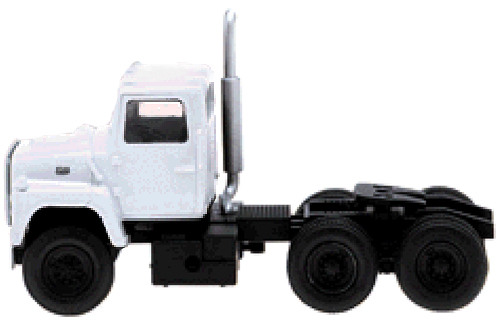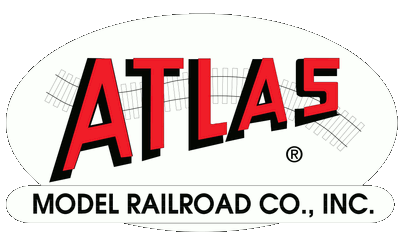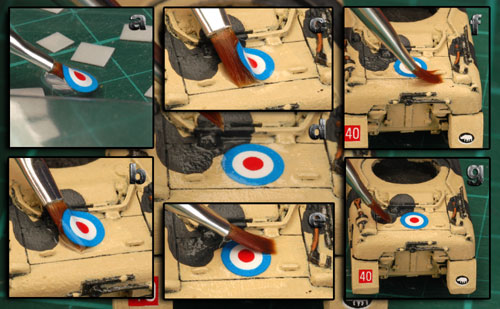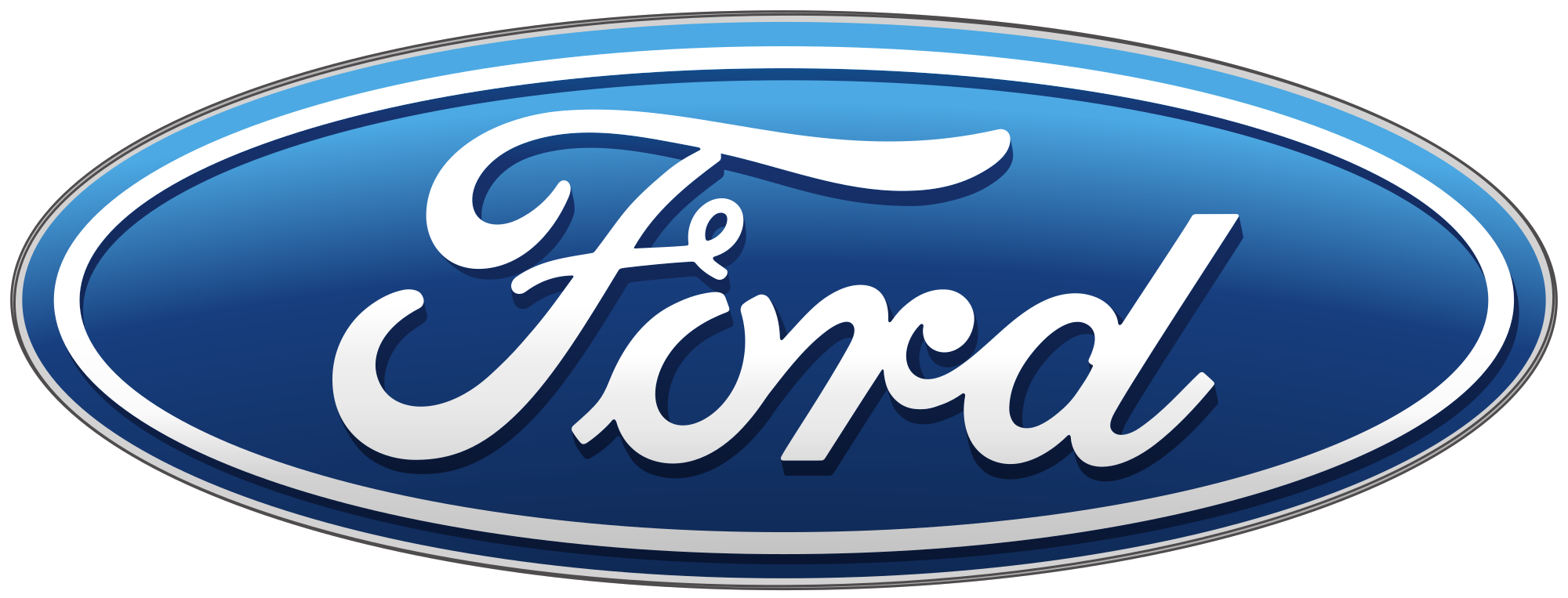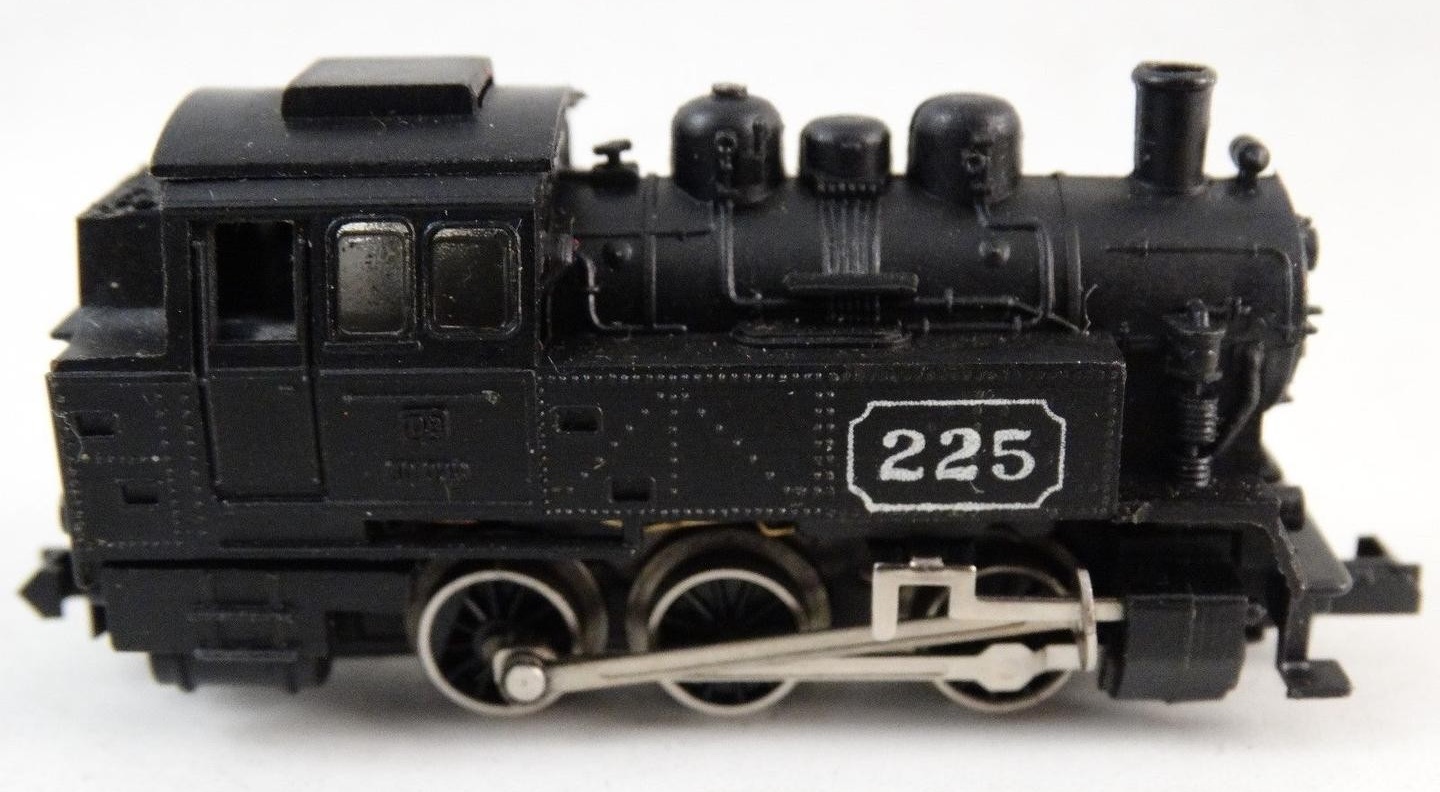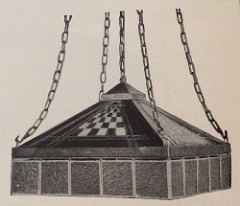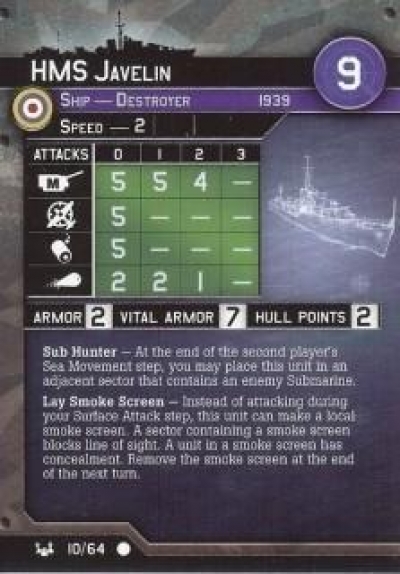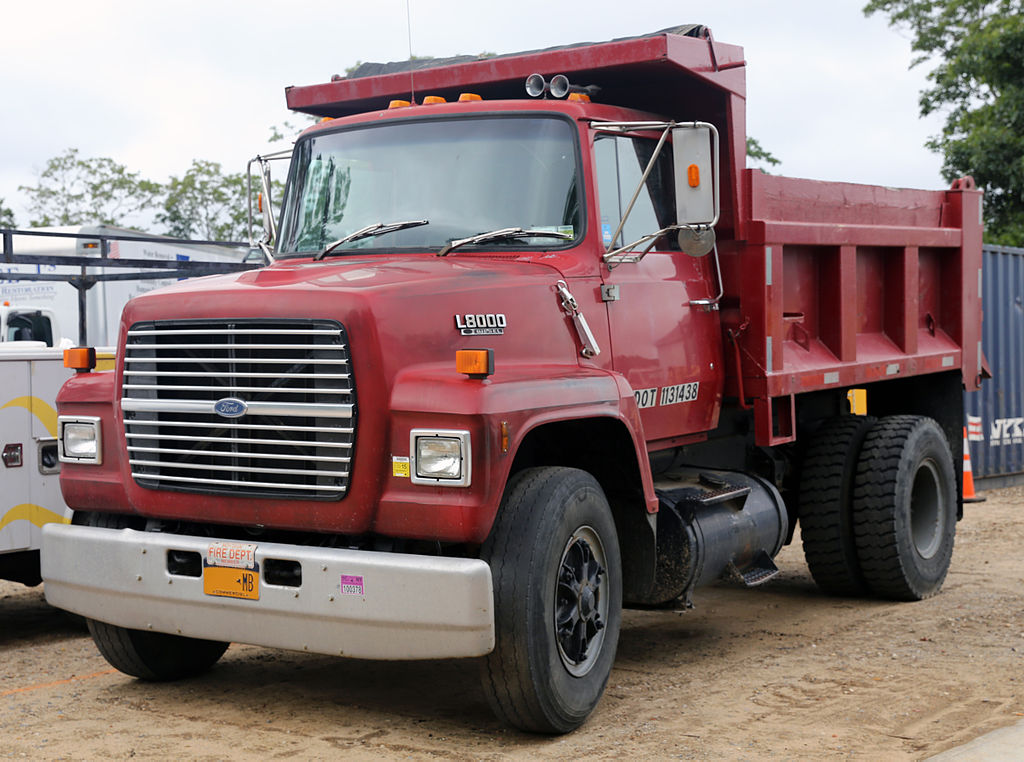Atlas - 1227 - Truck, Ford L-Series - Painted/Unlettered
| Brand/Importer | Atlas (Details) |
| Stock Number | 1227 |
| Original Retail Price | $9.95 |
| Body Style | Atlas Vehicle Truck Ford LNT 9000 |
| Prototype Vehicle | Truck, Ford L-Series (Details) |
| Road/Company Name | Painted/Unlettered (Details) |
| Paint Color(s) | White |
| Print Color(s) | Black and White |
| Series Name | Motoring 2000 |
| Announcement Date | 2008-01-23 |
| Release Date | 2008-07-01 |
| Item Category | Vehicles |
| Model Type | Truck |
| Model Subtype | Semi Tractor Cab |
| Model Variety | Dual Axle Ford LNT 9000 1984 |
| Prototype Year(s) of Production | 1970 - 2009 |
Body Style Information:
Factory assembled, this model has clear plastic headlights and window glazing, square fuel tanks with integrated steps, non-steerable free-rolling wheels, rubber tires, and steel axles.
Molded in color, the tractor cab is fitted with a seat and a steering wheel.
Molded in color, the tractor cab is fitted with a seat and a steering wheel.
Prototype Information:
The Ford L series (also named Ford Louisville or, for the 1988+ aerodynamic models, Ford Aeromax) is a range of heavy-duty trucks that were assembled and marketed by Ford between 1970 and 1998. The first dedicated Class 8 truck produced by the company, the L-series range replaced the N-series short conventional (derived from the F series). Produced as both straight trucks and semitractors, the Ford L series encompassed a wide range of models through the Class 7-8 GVWR ratings in medium-duty, severe-service, and vocational applications. The line would become one of the most popular series of trucks Ford ever produced.
The L series was produced in the Kentucky Truck Plant near Louisville, Kentucky, which gave rise to the nickname "Louisville Line" trucks; as part of a 1996 redesign, part of the model line officially took on the Louisville nameplate.
Following the sale of the Ford heavy-truck line to Freightliner in 1996, the L series was discontinued by Ford at the end of 1998. Freightliner would concurrently take over production of the Ford L series, opening its Sterling Trucks subsidiary; the L series became the Sterling A line, Acterra, and L line, remaining in production until 2009 when Sterling Trucks closed operations.
The L series was produced in the Kentucky Truck Plant near Louisville, Kentucky, which gave rise to the nickname "Louisville Line" trucks; as part of a 1996 redesign, part of the model line officially took on the Louisville nameplate.
Following the sale of the Ford heavy-truck line to Freightliner in 1996, the L series was discontinued by Ford at the end of 1998. Freightliner would concurrently take over production of the Ford L series, opening its Sterling Trucks subsidiary; the L series became the Sterling A line, Acterra, and L line, remaining in production until 2009 when Sterling Trucks closed operations.
Road/Company Information:
Some items are designed to have their owner add whatever company marking they choose, usually in the form of decals or dry-transfers. These items are painted in a generic prototypical fashion but with all company affiliation deliberately left off.
Brand/Importer Information:
In 1924 Stephan Schaffan, Sr. founded the Atlas Tool Company in Newark, New Jersey. In 1933 his son, Stephan Schaffan, Jr., came to work for his father at the age of sixteen. Steve Jr. built model airplanes as a hobby and frequented a local hobby shop. Being an enterprising young man, he would often ask the owner if there was anything he could do to earn some extra spending money. Tired of listening to his requests, the hobby-store owner threw some model railroad track parts his way and said, "Here, see if you can improve on this".
Atlas has made a ton of wonderful products throughout the years and we often get questions one whether we have run a certain road name on a particular model. It should be noted that Atlas locomotives and rolling stock are greatly appreciated for their superior operating and running characteristics. Atlas products are also well known for their outstanding collectability not only due to their superior prototypical workmanship, details and decoration, but because there are relatively so few of them made. Each and every production run has been carefully built to market demand, meaning almost every piece in any given run is sold out by Atlas on arrival or shortly thereafter, thus creating a built in collectors market.
Atlas has made a ton of wonderful products throughout the years and we often get questions one whether we have run a certain road name on a particular model. It should be noted that Atlas locomotives and rolling stock are greatly appreciated for their superior operating and running characteristics. Atlas products are also well known for their outstanding collectability not only due to their superior prototypical workmanship, details and decoration, but because there are relatively so few of them made. Each and every production run has been carefully built to market demand, meaning almost every piece in any given run is sold out by Atlas on arrival or shortly thereafter, thus creating a built in collectors market.
Item created by: nscalemodeler160
on 2016-11-06 20:51:11
Last edited by: gdm on 2019-08-30 10:52:44
If you see errors or missing data in this entry, please feel free to log in and edit it. Anyone with a Gmail account can log in instantly.
Last edited by: gdm on 2019-08-30 10:52:44
If you see errors or missing data in this entry, please feel free to log in and edit it. Anyone with a Gmail account can log in instantly.


